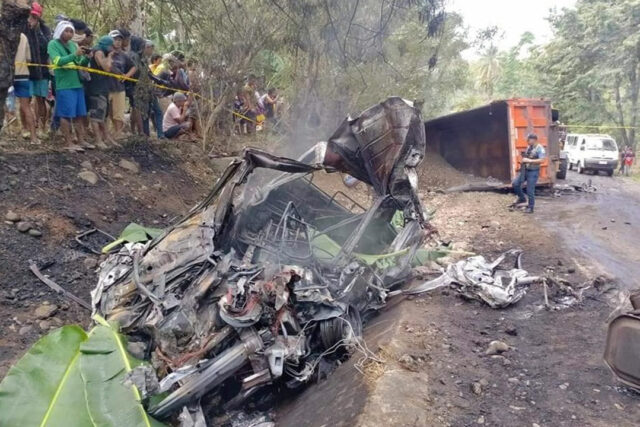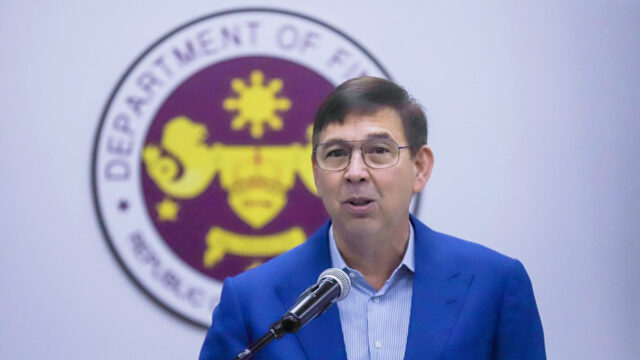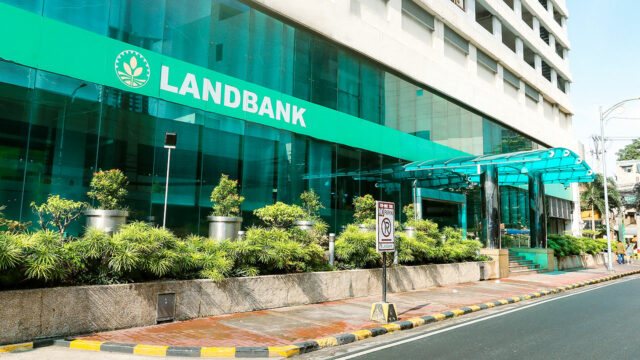THE Development Budget Coordination Committee (DBCC) needs to adjust its growth and fiscal targets to lower the risk of a revenue shortfall that would widen the deficit, analysts said.
Finance Secretary Ralph G. Recto had earlier called on the DBCC to adjust its growth targets this year and in the medium term to be “more realistic.”
He said the economy could aim for 6% gross domestic product (GDP) growth, but keep 6.5% as an aspirational target.
“If you project a very high GDP, then you’re projecting a very high revenue, and if you miss it, your deficit will increase and your debt to GDP will also increase,” he told reporters on the sidelines of an Economic Journalists Association of the Philippines event last week.
“Underpromise but overdeliver, that’s what I believe,” he said.
Last year, the DBCC narrowed its GDP growth target range to 6.5-7.5% from 6.5-8% previously. The economy grew 5.6% in 2023, falling short of the DBCC goal for the year and underperforming the 7.6% expansion in 2022.
The DBCC is also projecting 6.5-8% economic growth from 2025 until 2028.
Economic managers have yet to release a decision on whether they will maintain or revise targets.
To achieve GDP targets, the government should bolster revenue collection and asset privatization, Mr. Recto said.
“We will push not only the BIR [Bureau of Internal Revenue], not only the BoC (Bureau of Customs), the GoCCs (government-owned and -controlled corporations) to pay more dividends… [we are looking] to collect more effectively fees and charges, not only taxes, [and] do some privatization.”
Last week, the Finance Secretary proposed the idea to sell and develop the Ninoy Aquino International Airport’s 600-hectare property to generate revenues for the government.
Security Bank Corp. Chief Economist Robert Dan J. Roces welcomed the more realistic fiscal targets, citing global and domestic uncertainties.
“The Finance Secretary’s adjusted expectations of 6-6.5% reflect a nuanced approach, considering potential shifts in policy to support economic stability and growth, and the potential volatility to markets that these shifts may cause,” Mr. Roces said in a Viber message.
Key industries like manufacturing, construction, and services are expected to lead the drive to hit the growth targets, Mr. Roces said.
However, enhanced regulation and ease of doing business should also help stimulate investment and ensure growth, he added.
On the other hand, agriculture and external trade could pose a drag on GDP growth, Mr. Roces said.
“Agriculture and external trade face headwinds that could temper growth, so this will highlight the importance of targeted policy measures to mitigate risks and capitalize on opportunities for sustainable economic advancement.”
Agriculture sector has suffered P1.75 billion worth of damage from El Niño, the Agriculture department said last week, with the dry conditions expected to last until the second quarter.
Key exports that suffered negative year-on-year growth in January included wearables, electronic telecommunication products, cathodes and refined copper, and other mineral products.
Albay Rep. Jose Ma. Clemente S. Salceda, who heads the House Committee on Ways and Means, said the government should manage rice prices — which account for one fifth of poor households’ spending — to help meet growth targets.
“The more expensive the rice, the less the budget is for other things, the slower economic activity becomes,” he said in a Viber chat.
Rice inflation accelerated to 23.7% in February from 22.6% in January and 2.2% a year earlier, according to the Philippine Statistics Authority. — Beatriz Marie D. Cruz












